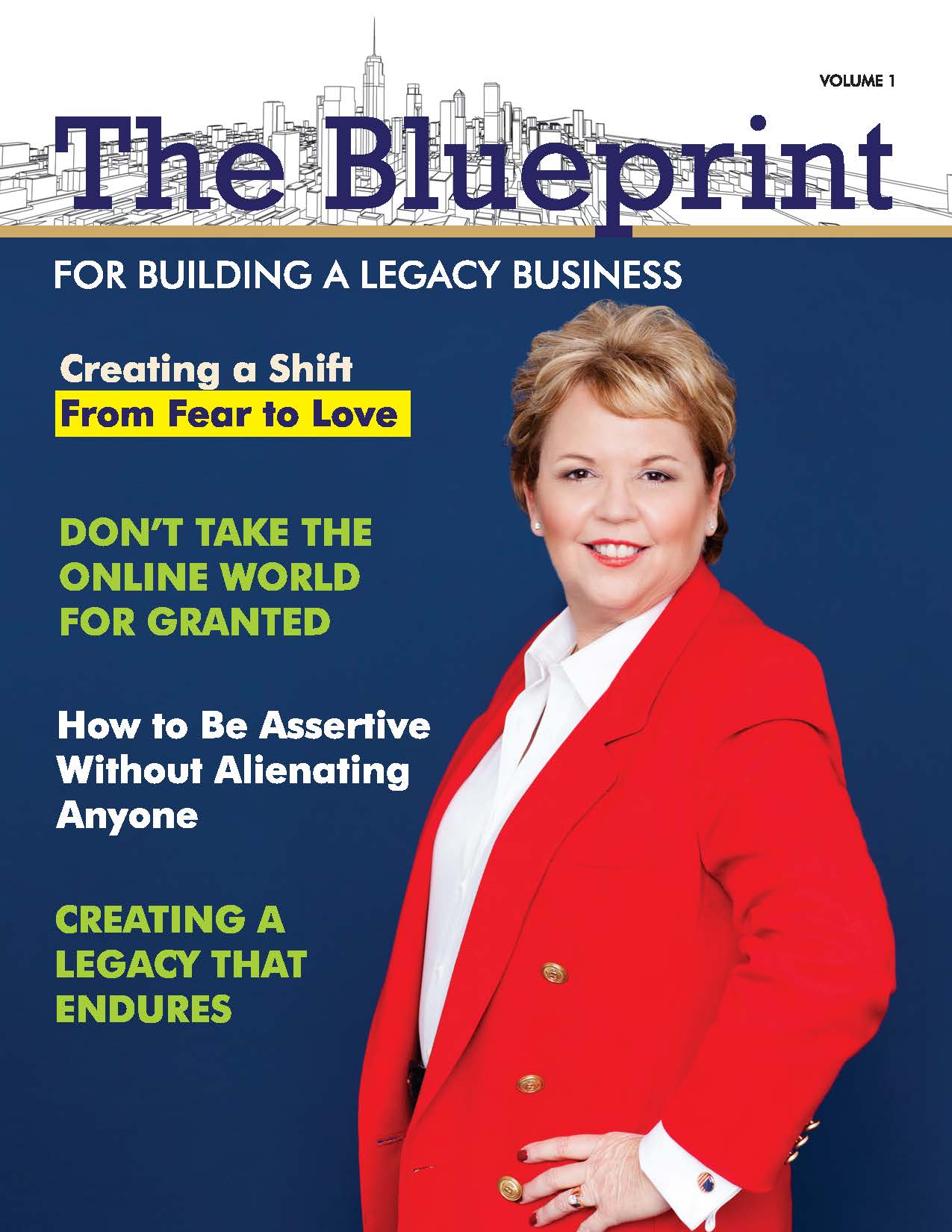Why Inviting Objections Will Help Boost Sales
 Sharply dressed and armed with your materials and a positive “I Can” attitude, you sit down with a prospect or get on the phone for your scheduled complimentary sales presentation.
Sharply dressed and armed with your materials and a positive “I Can” attitude, you sit down with a prospect or get on the phone for your scheduled complimentary sales presentation.
All is going well when SMACK! You’re hit with an objection.
That objection can feel like a blow to inexperienced, less-than-confident business entrepreneurs. When they hear objection after objection, their hearts sink. “This prospect is clearly not interested in what I have to offer,” they think to themselves. While some entrepreneurs get discouraged or even experience mild anxiety when faced with objections, others get frustrated or thrown off track and lose focus on their objective.
Can you relate?
If you’ve been in business long, you’ve likely been presented with a long list of objections during complimentary sales presentations.
You’re confident in yourself and know you offer a high-value product or service, so why do you constantly find yourself meeting objections. And why are those objections so often raised at the end of your presentation when you’re trying to close the sale?
A fundamental lesson every business entrepreneur needs to learn is that objections aren’t a sign that you’re a poor salesperson. To the contrary, objections are actually a normal, natural part of the sales process. As you introduce your product or service to a prospect, they will inevitably have questions and concerns. They are coming to the table with their own mindsets, opinions, and experiences, all of which influence their ability to clearly see the value in what you have to offer.
When your prospect raises objections, they’re actually letting you into their way of thinking and giving you an opportunity to provide them with missing information, correct misinformation, or encourage them to consider looking at something in a different way. If you look at objections this way, you’ll begin to see them as golden opportunities.
When it comes to successfully overcoming objections, keep these tips in mind:
Telling isn’t Selling. As business entrepreneurs, we need to guide prospects through a “think about it” process. We can’t simply tell prospects about the features of our product or service. Entrepreneurs who do that are essentially just another source of advertising the prospective client could read or listen to. No, we need to encourage our prospects to think about why they need your product or service, and consider how they can feasibly fund that need. When you learn to guide prospects through this process effectively, at the end of your sales presentation the client won’t have to “think about it”!
Invite objections early on. Early in your sales presentation, check in with your prospect and ask them what they think and how they feel about what you’ve just shared with them. If you don’t, your prospect may not raise objections until the end or will simply tell you they aren’t interested or “need to think it over.” The sooner you invite objections, the sooner you can systematically and intelligently address them.
Ask questions and keep your ears wide open. Some of the best advice is simple in theory, but challenging in practice. If you want to be successful in sales, learn to LISTEN to your clients’ objections. Effective listening is an active activity. Ask questions and – rather than thinking about what to say next to progress the sale – pay close attention to what your prospect says in response.
A respectful salesperson is a successful salesperson. The worst thing you can do when a prospect openly and honestly shares their concerns with you is aggressively push your agenda. If you belittle or dismiss your prospects’ concerns, you can kiss your sale goodbye. By acknowledging that you’ve heard their concern and thoughtfully, respectfully addressing it, you keep the lines of communication open and maintain the interest of your prospect.
At Celeste Giordano Coaching, I teach the business owners and entrepreneurs I work with the skills and strategies they need to actively invite objections and address them confidently. Learning to navigate objections in sales will exponentially increase your closing rate and bring your business to a new level.
